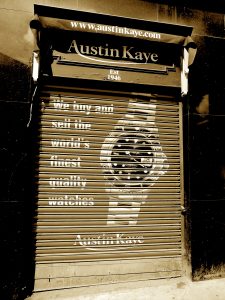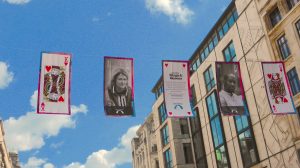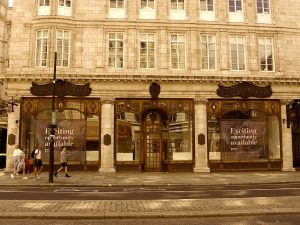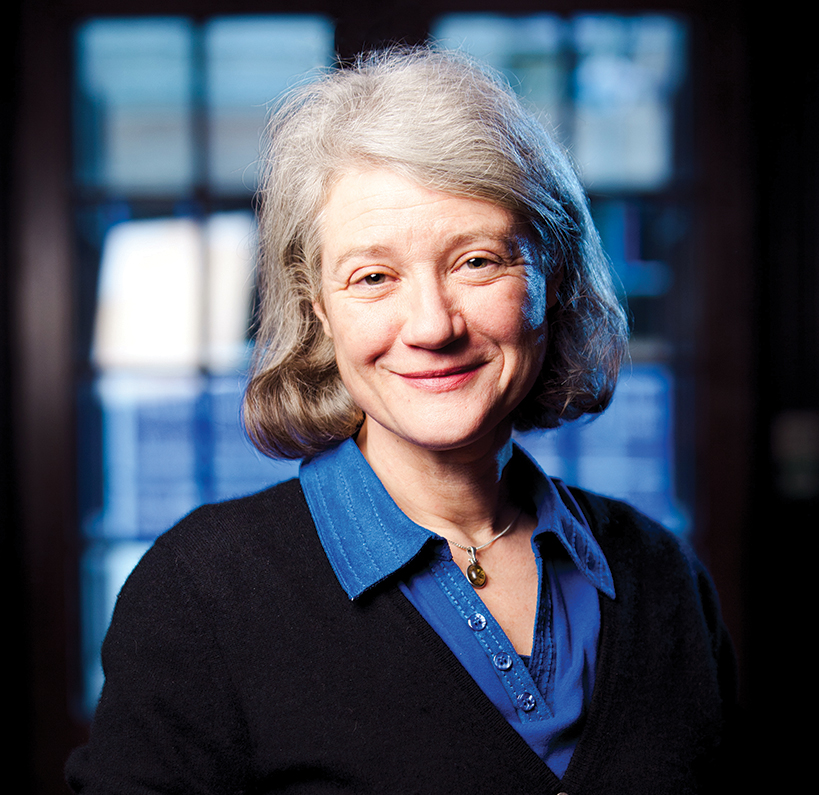The Strand’s Arisings
Posted in contemporary, Diary, Strandlines and tagged with

Like many Strandliners I was away from the Strand during Covid-19 lockdowns. A long absence! Seventeen months! What would it be like after so long?
On my first day back in London, I thought a stroll along the Strand was in order, to catch a little of the atmosphere of cautious reanimating and contribute to it too. It felt more than a little strange – despite a rush of familiar landmarks, habit was distant, even defamiliarised: I almost thought, where do I go from here? But strangely a somatic memory took over: my feet seemed to know where to go next, just as my hands had remembered how to handle tickets, how to feed them through a barrier, how to unpocket a camera.
The Northbank Association, now known as a BIDor Business Improvement District, had an unexpectedly tangible presence, with hand sanitiser stations, big notices and fresh banners – a mix of new and old protocols anchoring a fresh and sunny morning with civic identity. The Strand seemed quiet, a category previously likely to describe, say, a Sunday: here quiet meant fewer people than one might expect, though expectations have been turned inside out by covid unpredictability.
Walking along past familiar shops and businesses, there was a steady trickle of people proceeding to business and pleasure in the ways of old, yet with more awareness than of old in terms of each other. Are you a biohazard? was the unspoken question. A majority was not masked, though signs urged continuance. A little more distance between pedestrians, fewer taxis, emptier buses…something thinned out seemed to dominate, making more space for the breeze to play with flappable things and more room for the light to dance in glints off windows.

Credit Clare Brant
It seemed both faintly surprising and unsurprising that the Strand’s institutions were in the shapes and places they had been before. Except what is an institution? Coutts, the Strand Place Hotel, the Savoy – obviously big enterprises had the resources to survive the pandemic. Institution in its other sense, long-established things, were shakier. On the north side, at 425, the watch-dealer Austin Kaye, was shuttered for good, its trays of vintage watches removed forever. I felt sad to see that: it used to do repairs, and had sorted me out a watch strap more than once over the years. The window of Zimbabwe’s Tourist Office, at 429, had acquired an impossibly deeper level of dust and fadedness.
There was a little repurposing – the University of the Arts London graduate show had inserted itself engagingly into some commercial premises, and a little busyness of reinvention, as a few workmen tended to frontages with hammers and drills. New life? Possibly. Northbank BID had set up fluttering banners celebrating people who did heroic things during the pandemic – see https://www.thenorthbank.london/event/everyday-kings-queens/, and #everydaykingsandqueens. The subjects had gone ‘above and beyond’ in helping out – at foodbanks, on life boats, in street patrols – and here they were certainly above us in an eye-catching elevation of civic thanks.

Credit: Clare Brant
Writers often comment that London is never still, is always on the move, reinventing itself. Some things don’t change, I thought, passing the Lion King as ever at the Lyceum, and the Duke of Wellington pub sign rattling in the wind. But as I turned into Aldwych, I saw a new sort of change – the beginnings of pedestrianizing the Aldwych, in the form of a truck and some earth mounds. I’d read that post-pandemic (if there is such a thing) Marble Arch had been the site of an artificial mound meant to interest people enough to visit again, and I had wondered if Strandlines could mount a similar installation – given our budget, nothing bigger than a sandcastle, but parodically ambitious?
The wording on the Aldwych truck seemed also du jour, a reminder that climate emergency is more pressing even than covid. ‘Did you know we recycle 95% of arisings?’ Arising? How exciting for a literary professor to find a new word, or a new sense of an old word – and in broad daylight on the Strand!
It turns out arising is a term in waste management for materials to be recycled or disposed of, or debris to be taken away. Rather appropriate, in conjoining the Strand resuming not quite as normal, one of many resumptions in its long history where war, riot, protest and epidemics laid it low, and in my own recycling of memories, assumptions, expectations about how the Strand might be as – we hope – the worst of Covid-19 recedes. When I reached my office, I appeared to be the only person in the whole building and my calendars had stopped at March 2020. It is said that in 1752, when England switched from the Julian to the Gregorian calendar, people rioted in protest, shouting ‘Give us back our eleven days!’ After seventeen months gone missing for unprecedented reasons, it was reassuring to find the Strand mostly as it was, though atmospherically unusual.

May your own Strand arisings be recycled into something productive too.
CLARE BRANT
Project Director, Strandlines


Walking up from Charing Cross I was struck by the atmosphere in the Strand which reminded me of a theme park in the last week of the season, even though the lockdown was being lifted. The fragility of life was apparent in the continued observance of social distancing, kind glances and slower pace of humans, animals and machines all around.
Perhaps time will return us back to where we were, which would be quite a set back.
The constant surplus value of 5% of ‘arisings’ is intriguing: what is being done with this elusive quantity? Is it accumulating and taking up space somewhere while creating a corresponding deficit in the process?
Walking up from Charing Cross I was struck by the atmosphere in the Strand which reminded me of a theme park in the last week of the season, even though the lockdown was being lifted. The fragility of life was apparent in the continued observance of social distancing, kind glances and seeming slower pace of humans, animals and machines alike.
Perhaps time will return us back to where we were, which would be quite a disappointing setback.
The constant surplus value of 5% of ‘arisings’ is intriguing: what is being done with this elusive quantity? Is it accumulating and taking up space somewhere while creating a corresponding deficit in the process?
It will be good to see things more enlivened on the Strand, and hopefully we will have learnt much from the pandemic and will make things even better then before! As for what is done the 5%, only time will tell. ? be positive!
I was gladdened by the Christmas lights going up the Strand and the crowds generating the beginning of a festive buzz as I walked to hear the lively jazz concert at St Mary’s on Monday. My partner and I found this all a tremendous lift and we were happy to be ‘back’—with a different appreciation for a familiar place and our place in it.